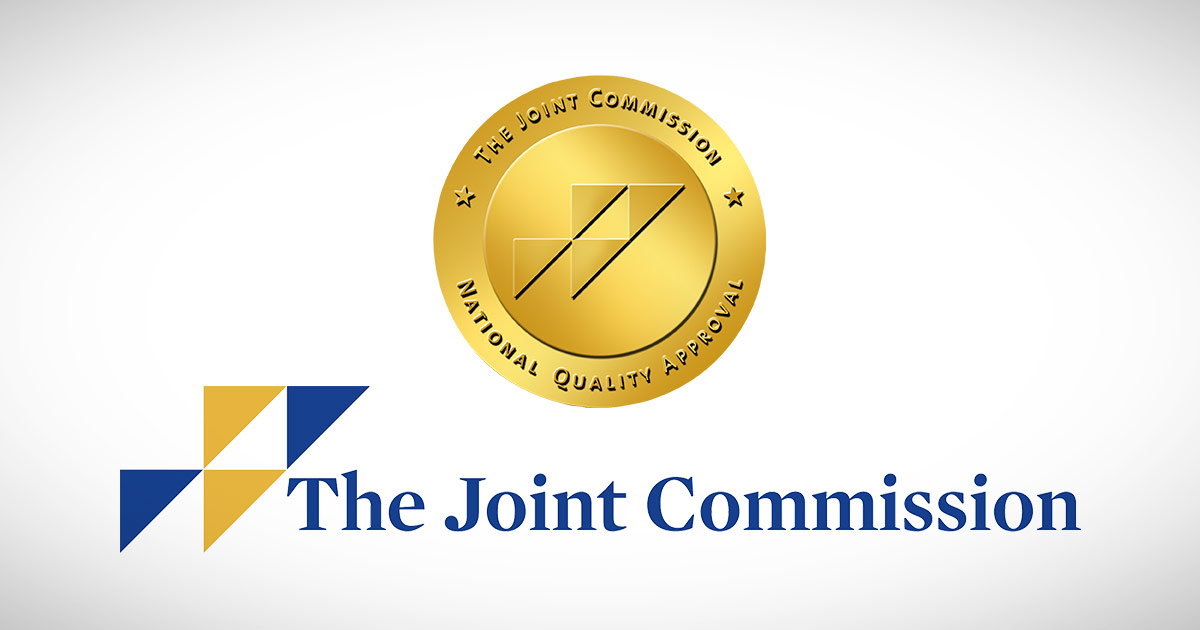Addiction Treatment Accreditation: What is the Joint Commission and Why Was It Created?
The Joint Commission is a nonprofit organization that accredits and certifies health care organizations and programs in the United States. The Joint Commission accredits and certifies more than 21,000 health care organizations and programs in the United States, including hospitals, nursing homes, home care organizations, and behavioral health care providers.

The Joint Commission is the nation’s oldest and largest standards-setting and accrediting body for health care organizations. The Joint Commission has been accredited by the Centers for Medicare & Medicaid Services (CMS) since 1951 as a national hospital accreditation program.
There are many benefits to achieving accreditation from The Joint Commission. These include:
- Improved quality of patient care
- Enhanced patient safety
- Reduced risk of malpractice liability
- Increased efficiency and cost savings
- Improved staff morale and job satisfaction
- Enhanced reputation and community standing
The Joint Commission’s standards focus on improving the quality and safety of patient care. The standards are developed by experts in the health care field who volunteer their time to serve on various committees. These committees review the latest research and best practices in their respective fields and make recommendations for new or revised standards. The Joint Commission’s Board of Commissioners then reviews and approves all new or revised standards.
The Joint Commission’s addiction treatment center certification program is voluntary and provides facilities with a set of standards to follow that are designed to improve the quality of care for patients with substance use disorders. Facilities that meet these standards are awarded the Joint Commission’s “Gold Seal of Approval.” This designation demonstrates a commitment to providing high-quality care and shows that an addiction treatment center is willing to be held accountable to the public for its performance. Centers that are certified by the Joint Commission must undergo an on-site survey every three years to maintain their accreditation.
The Joint Commission’s standards for addiction treatment centers include requirements for patient rights, assessment and treatment planning, staffing, and physical plant and safety. Addiction treatment centers that are certified by the Joint Commission must also have a written policy on confidentiality of patient information and a process in place to ensure that all staff members understand and follow the policy. In addition, the Joint Commission requires addiction treatment centers to have a system in place to track patients’ progress and to report any adverse events that occur during treatment.
The Joint Commission’s certification program is one way that addiction treatment centers can demonstrate their commitment to providing high-quality care.
If you or a loved one is struggling with an addiction, it is important to find an addiction treatment center that meets your specific needs. The Joint Commission’s website provides a list of accredited facilities, as well as information about the certification process and how to contact a facility if you have questions or concerns. You can also call the Joint Commission’s toll-free number at 1-800-955-6059 to speak with a representative who can help you find a facility near you. Once you have found a few potential centers, it is important to call and/or visit each one and ask about their treatment philosophy, staff qualifications, and accreditation status. By taking the time to research your options, you can be sure that you are choosing an addiction treatment center that will provide you with the highest quality of care possible.
You can learn more about The Joint Commission’s standards by visiting their website at: https://www.jointcommission.org/standards_information/jcfaq.aspx.


